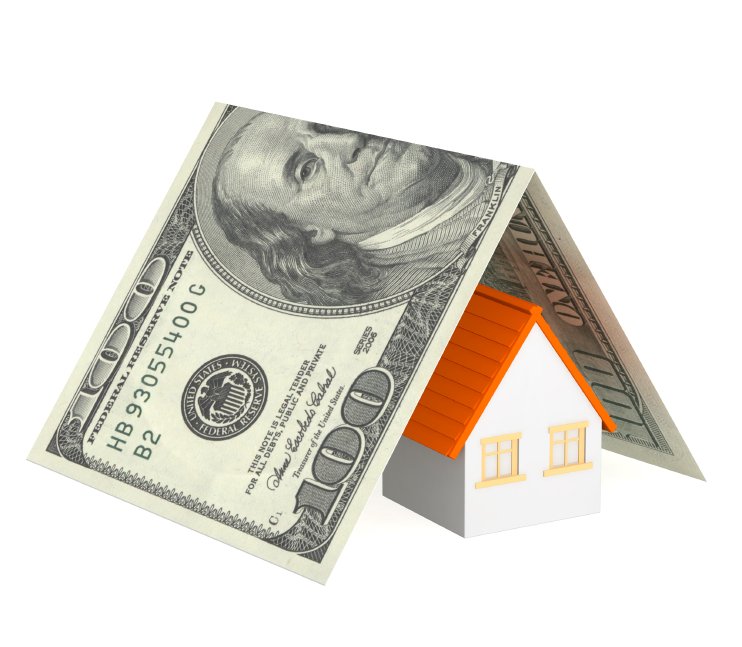
Your home is your castle and you want to protect it and its contents. But disasters can strike. And if you’re not adequately protected with homeowners’ insurance, you may not be able to repair or rebuild your home as you would want. Or, if an accident occurs on your property and you’re not sufficiently covered, you may find yourself in financial ruin. That’s why it’s important to make sure your home is protected in case some of these unexpected occurrences happen to you.
According to Eric Smith, vice president of property and casualty at the St. Joseph Agency in Indianapolis, here are some things you need to know when buying homeowner’s insurance.
What is covered in a basic homeowners’ policy?
There are two parts to a basic homeowners’ policy:
1. Hazard insurance that covers the physical structure of your home and its contents against theft and disaster.
2. Liability insurance that covers your personal liability if an accident occurs on your property and you are sued. For example, if your neighbor slips on your icy sidewalk and breaks his leg, liability insurance will pay for his medical expenses – up to the limit on your policy.
How do I determine how much coverage I need?
“Your insurance company will determine your basic coverage limits on your actual physical property and your belongings,” says Smith, who has 9 years of experience in the insurance industry. “Homeowners need to make sure that their home is insured at the replacement value of the home – not the market value or actual cash value of the house.” The replacement value of your home is based on the how much it would take to rebuild your home at the same square footage and with the same quality of products.
Generally, the amount for your personal property or contents is based on 70% of the replacement value of the home. For example, if your home’s replacement value is $200,000, your personal property rate would be $140,000 unless you discuss making changes to that amount with your insurance agent.
As for liability coverage, Smith recommends that you set your liability limits at the very least as high as your total assets (which includes you home, savings, investments, etc.). So if someone sues you, your assets are protected and they can’t be wiped out.
What optional coverages should I add on?
Your base policy does not cover things like water backup, earthquakes and floods. Additionally, some base policies may or may not cover mold. “This is where you may want an agent to walk you through the process of insurance coverages,” says Smith. “Because it can get really confusing. And if you don’t work with an insurance agent, you may not know what all of those coverages mean and why you may or may not need them.”
Some common additional options are:
- Water backup coverage covers damage from water that backs up from a drain in your basement or crawl space, or water that leaks from an appliance inside your home. Smith recommends getting this type of coverage if your home has a basement – especially a finished basement.
- Flood coverage covers damages from streaming water outside of your home that seeps into your structure.
- Wind and hail coverage covers damage to your roof or structure from wind and hail. For roof replacement, Smith recommends that you make sure your roof is covered at the replacement cost. Many insurance companies only cover the roof at a depreciated cost. So if you’re expecting your insurance company to pay for the full replacement of your roof and not a portion of the cost to replace it, make sure to ask your agent about this.
For more information on homeowners’ insurance, contact Eric Smith at 317-564-4949 or via email at esmith@stjosephagency.com.
Are you shopping for a new mortgage loan or a refinance?
Smith recommends Grandview Lending to their clients. “I’ve been impressed with all of the individuals that I have worked with at Grandview Lending. They respond when I need something and they have the expertise in the field. Mike Farrell (owner of Grandview Lending) is a standup guy. I would trust him to write my loan.”
Contact the mortgage specialists at Grandview Lending at 317.255.0062 or via their online form. They can help you find the right home loan based on your needs.
Photo credit: iStockphoto/frentusha
Do you know how much home you can afford?
Most people don’t... Find out in 10 minutes.
Today's Mortgage Rates

Leave a Reply